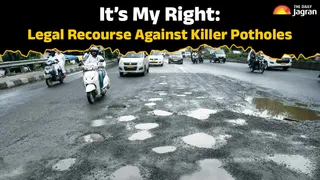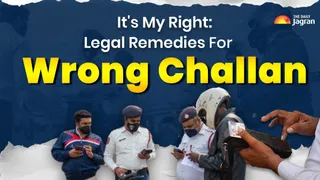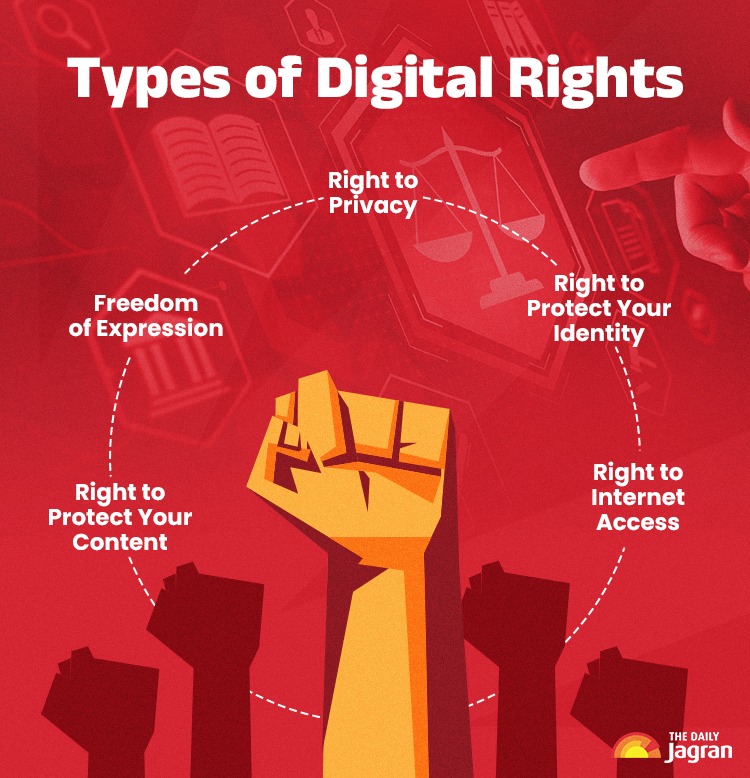- By Chetna Shree
- Mon, 13 Oct 2025 06:03 PM (IST)
- Source:JND
It’s My Right: The rise of digital technology has profoundly shaped every aspect of human life. From the way we communicate and learn to how we work and entertain ourselves, the internet has become an integral part of our lives. However, as we spend more time online, it is essential to understand that, just as we have rights in the real world, such as the right to express ourselves freely or the right to privacy, we also have rights in the digital world. They are known as “digital rights”.
What Are Digital Rights?
Digital rights are rights and protections that every digital user has when using technologies such as the internet, applications, mobile devices and computers. These rights are important to ensure that you are treated fairly, your personal information is protected, and your voice is heard in digital spaces.
The digital rights are based on human rights, but they apply to the digital world too.
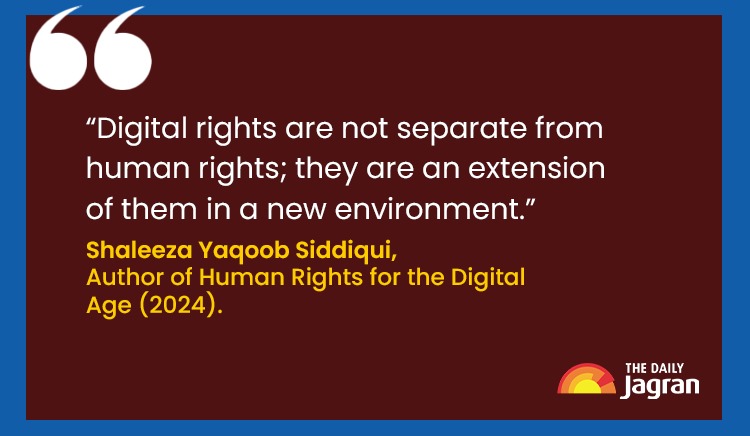
Types Of Digital Rights
Speaking to The Daily Jagran, Satyabansham Kumar, advocate at the Patna High Court specialising in writs, criminal law, cybercrime, banking and insurance, land acquisition, said, “In the digital era, traditional human rights extend into cyberspace as digital rights, safeguarding individuals’ freedoms and security online. Every internet user should be aware of certain core rights. These include the right to privacy and data protection, allowing control over personal information; the right to freedom of expression, information and communication, ensuring access without unlawful censorship; and the right to universal and equal access, bridging the digital divide.”
Recommended For You
Right to Privacy
The right to privacy ensures that your personal information, such as, your name, address, phone number, messages and browsing habits, is not collected, stored or shared without your consent.
ALSO READ: It’s My Right: Facing Harassment During WFH? How POSH Act Protects Employees Beyond Office Walls
“The Supreme Court in Justice K.S. Puttaswamy v. Union of India, (2017) affirmed privacy under article 21, while the Digital Personal Data Protection Act, 2023 provides right to consent correction, erasure, and grievance redressal,” Kumar added.
Freedom of Expression
- Freedom of expression allows online users to express their thoughts, opinions and creativity regardless of national borders.
- Guaranteed under Article 19(1)(a) of the Indian Constitution, freedom of speech and expression applies equally to blogs, tweets, videos and all other forms of expression.
- However, the freedom of expression is not absolute and comes with reasonable restrictions.
- This means that users should balance freedom of expression with protection from harm and should not post hate speech, misinformation or threats online.
Right to Internet Access
- Access to the internet is now considered a necessity rather than a luxury. It is essential for education, jobs, healthcare and social connection. Without this, people would be left behind in the age of social media.
- In April 2025, the Supreme Court of India ruled that digital access is a fundamental right under Article 21 of the Indian Constitution.
- The Apex Court emphasised that the government must ensure everyone, even the marginalised group, has access to the internet.
Right to Protect Your Content
- If a user creates and shares something online, such as videos, photos, music, blogs or artwork, it belongs to them as their intellectual property under the Indian Law.
- The Copyright Act, 1957, ensures that original creators have control over how their work is used or circulated.
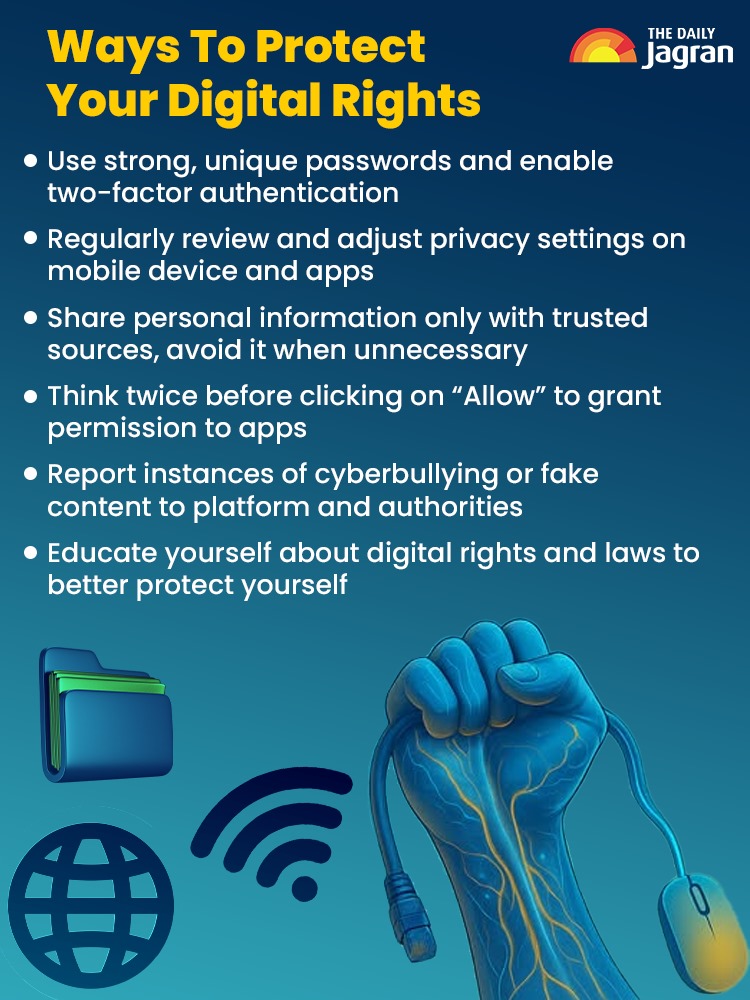
Right to Protect Your Identity
- The right to protect identity guarantees every individual that their image, voice, and personality should be protected and not be used without their permission.
- In September 2025, the Delhi High Court issued an injunction to protect Bollywood actress Aishwarya Rai Bachchan’s personality rights. Multiple entities were using Aishwarya’s name and image without her consent on the internet.
Conclusion
Digital space gives every user a platform to learn, connect and share their thoughts. However, we should be aware of our digital rights, just as we know about human rights. Whether you are a student, lawyer, creator or just someone who scrolls through social media, your data, voice and freedom matter and digital rights protect them all.
(Disclaimer: This article is part of the series 'It's My Right'. The views expressed in the article are for informational purposes only and do not constitute legal advice. To read more articles in the series, click here.)

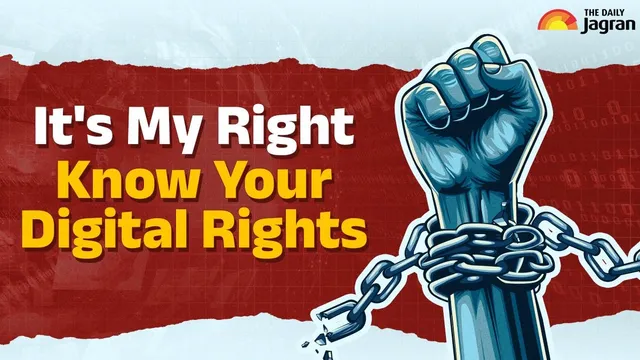
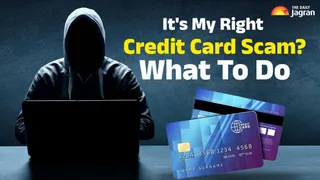
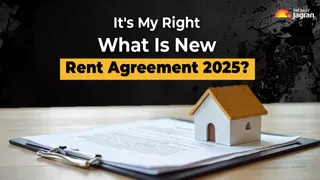
-1762924998307_m.webp)
